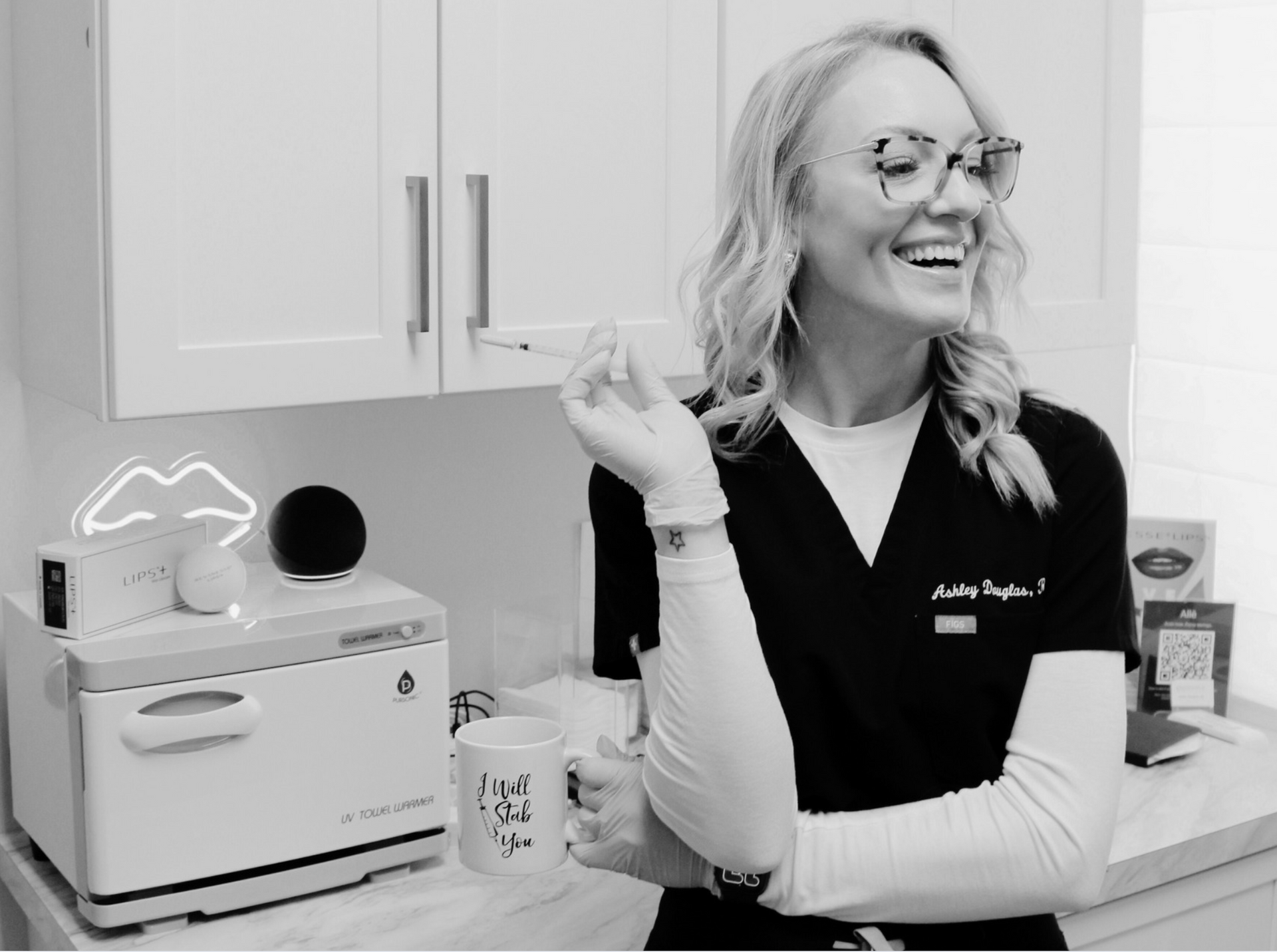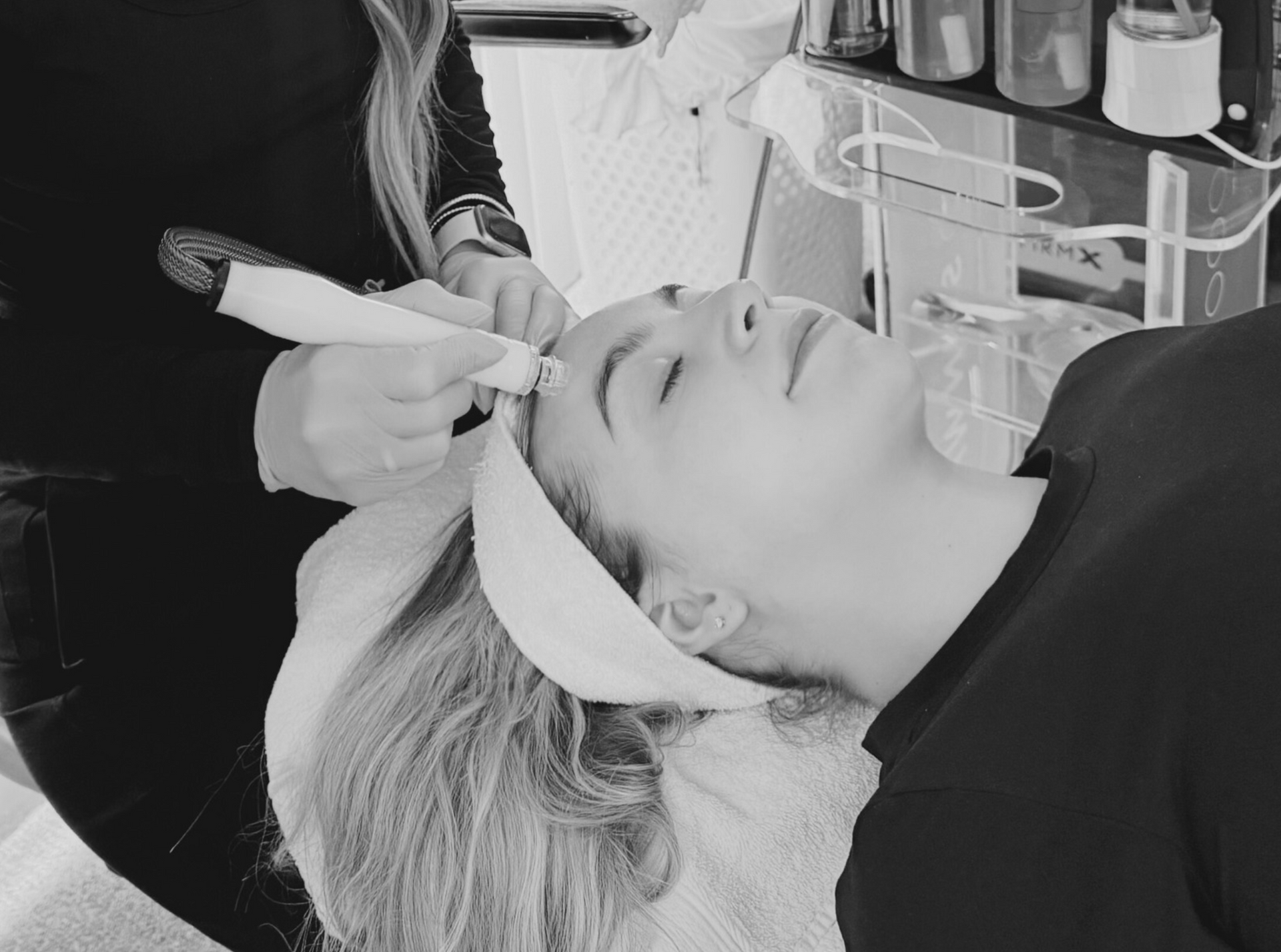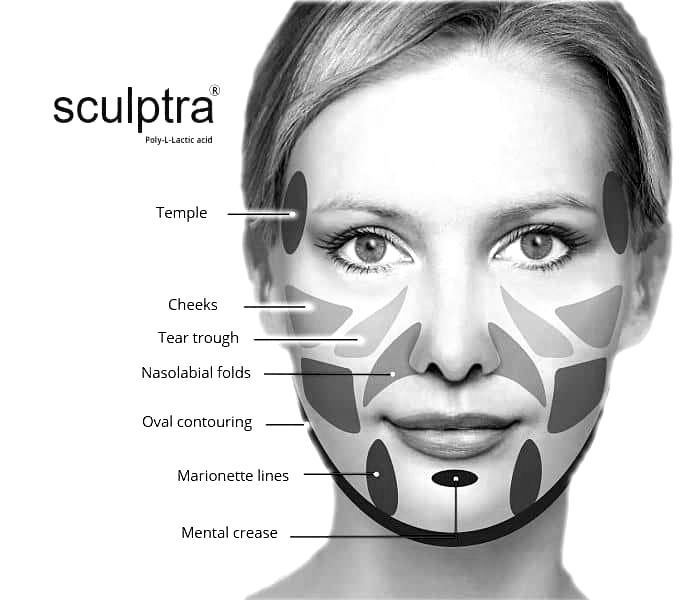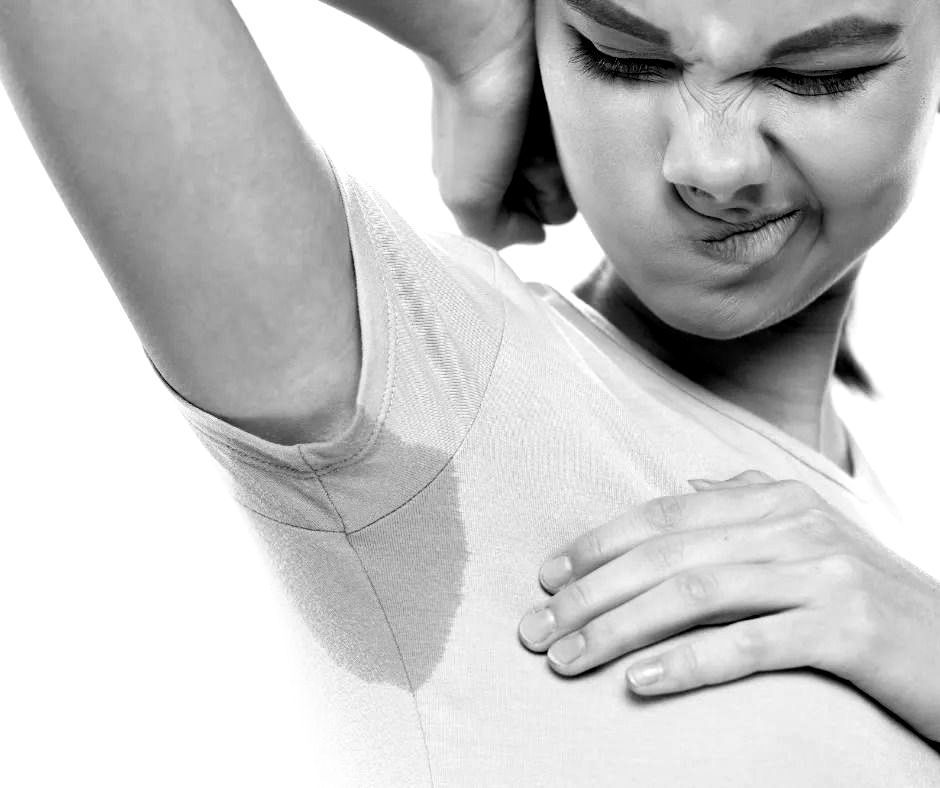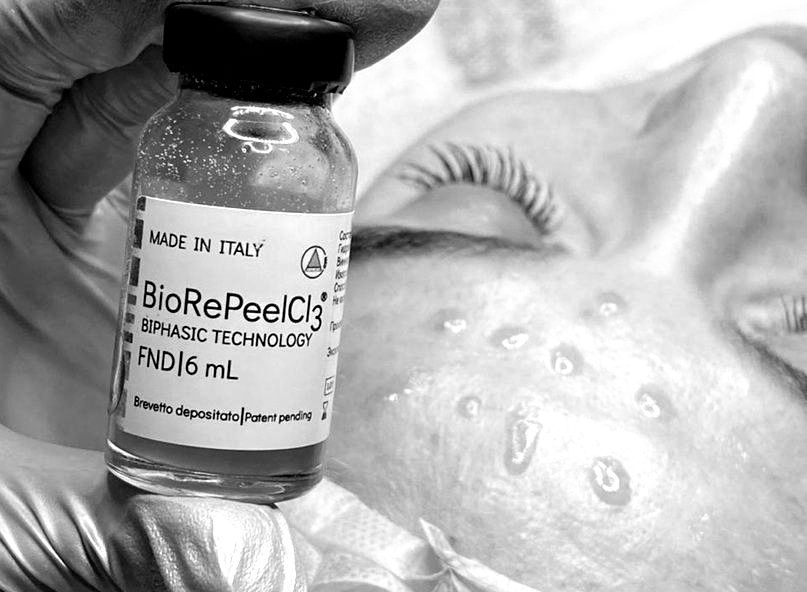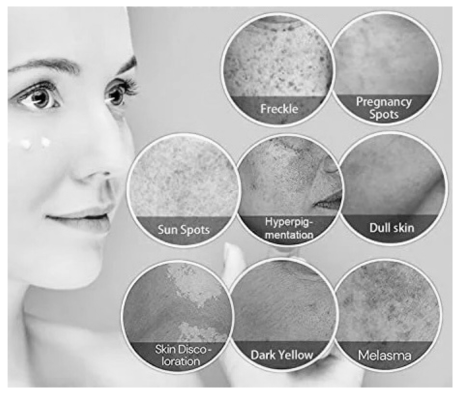How to BEST Protect Your Skin in the Sun
How to BEST Protect Your Skin in the Sun
Sun Spots or Sunscreen? You Choose.
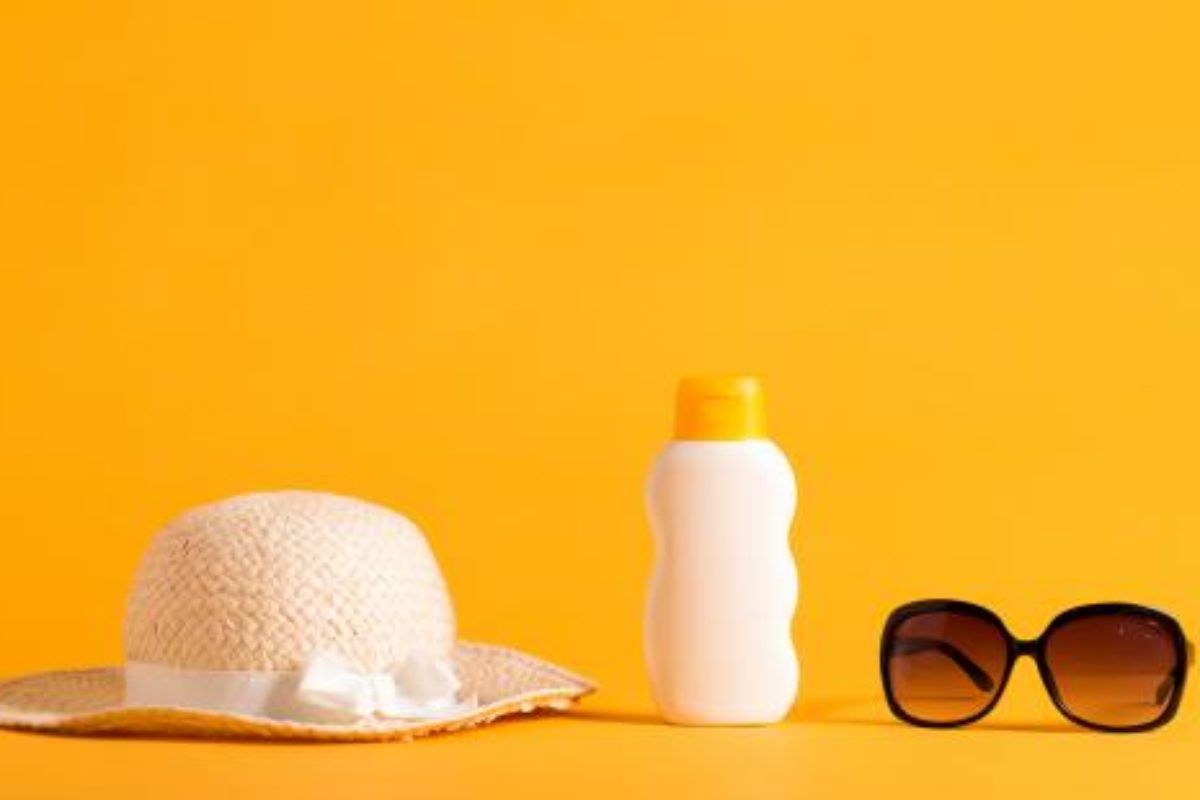
Have you ever lathered up with sunscreen at the beach and still manage to have a burn? Or maybe you use sunscreen sparingly because you live for that Summer tan. Whatever your stance on sunscreen is, read on to understand how best to protect your skin. Your skin will thank you 10 years from now when you don't have a sunspot in sight!
Why is sunscreen so important?
Most skin concerns are exacerbated by excessive sun exposure. Sun drives a large majority of inflammation and skin discoloration. Two types of damaging sun rays to be mindful of are UVA and UVB rays:
- UVA rays penetrate deep into the skin, damaging collagen. They are associated with signs of aging and skin cancer.
- UVB rays cause you to burn or tan. They penetrate top layers of skin and predispose you to skin cancers.
You may have seen the acronym “SPF” countless times, have you ever wondered what it stands for? SPF stands for “sun protection factor”. The SPF number on a sunscreen bottle only refers to the effectiveness of protecting you from UVB rays. That's why it's very important to look for a “broad spectrum” sunscreen or UVA/UVB sunscreen that protects you from both harmful rays. Most experts recommend choosing an SPF of 30 or above, although, the SPF number is not extremely important. SPF 15 blocks 93% of UVB rays and SPF 50 only blocks 5% more UVB rays (98%). Whichever SPF you choose you’re still blocking a large majority of harmful sun exposure so kudos to you!
There are two primary types of sunscreen, Physical (also known as mineral) and Chemical. The main difference is the ingredients they are formulated with as well as the feel on the skin.
Physical Sunscreen:
- Top ingredients in Physical/ Mineral sunscreen: Zinc and Titanium Dioxide
- Protects from: UVA/UVB light and visible light (light we can see with our eyes). We now know this type of light drives discoloration associated with hyperpigmentation/melasma
- Skin feel: Can feel heavy, leaving a white residue
- Good to know: Good for sensitive skin, less possible irritants than Chemical sunscreen
Chemical Sunscreen:
- Top Ingredients: Avobenzone, Homosalate, Octocrylene, Octinoxate, Octisalate, Oxybenzone
- Protects from: UVA/UVB rays
- Skin feel: Blends and absorbs easily, no white residue
- Good to know: Chemical sunscreen may cause increased skin sensitivity or unusual skin reactions when the skin is exposed to UV rays. Also, because of the small chemical particles, this type of sunscreen may not be reef friendly.
There is no such thing as too much sunscreen!
Experts recommend 1 ounce or enough to fill a shot glass to cover the body. A nickel size amount of sunscreen should liberally be applied to the face. Remember to reapply every 2 hours when participating in outdoor activities or reapply immediately after swimming (even with water-resistant sunscreen). Apply sunscreen to your entire face, neck, exposed chest, and ears (Many skin cancers arise on the tips of ears). Don't forget a SPF chapstick for your lips! (Yes they can get burned too)
Is it necessary to wear sunscreen indoors?
The best rule of thumb is to include applying sunscreen in your daily routine so you will always be protected. If working indoors close to a window, be mindful UVA rays come in through the window - they can bounce off reflective surfaces and hit you at all angles. Reapplying sunscreen every two hours in this case will help protect your skin tremendously.
Sunscreen is a great measure to protect the skin from sun-related aging or skin cancers but its not enough to fully protect your skin from the sun and isn't a free pass to endlessly sunbathe.
Other methods of protection to pair with daily sunscreen usage:
- Broad-brimmed hats
- Cover up with UV protection in fabric UPF (density in the weave to block out UV rays)
- Shade can block UV rays
- Sunglasses protect around eyes
Your skin is the largest organ on your body and so many people choose to neglect it. Make sunscreen part of your morning routine, strategically pick if physical or chemical sunscreen is best for your needs and make sure to apply often and liberally. Sunscreen is one part of the sun protection equation, be sure to incorporate methods into your lifestyle. Your future self will thank you!
Reference 1
Reference 2
Naturally Restored Volume & Refreshed Skin


